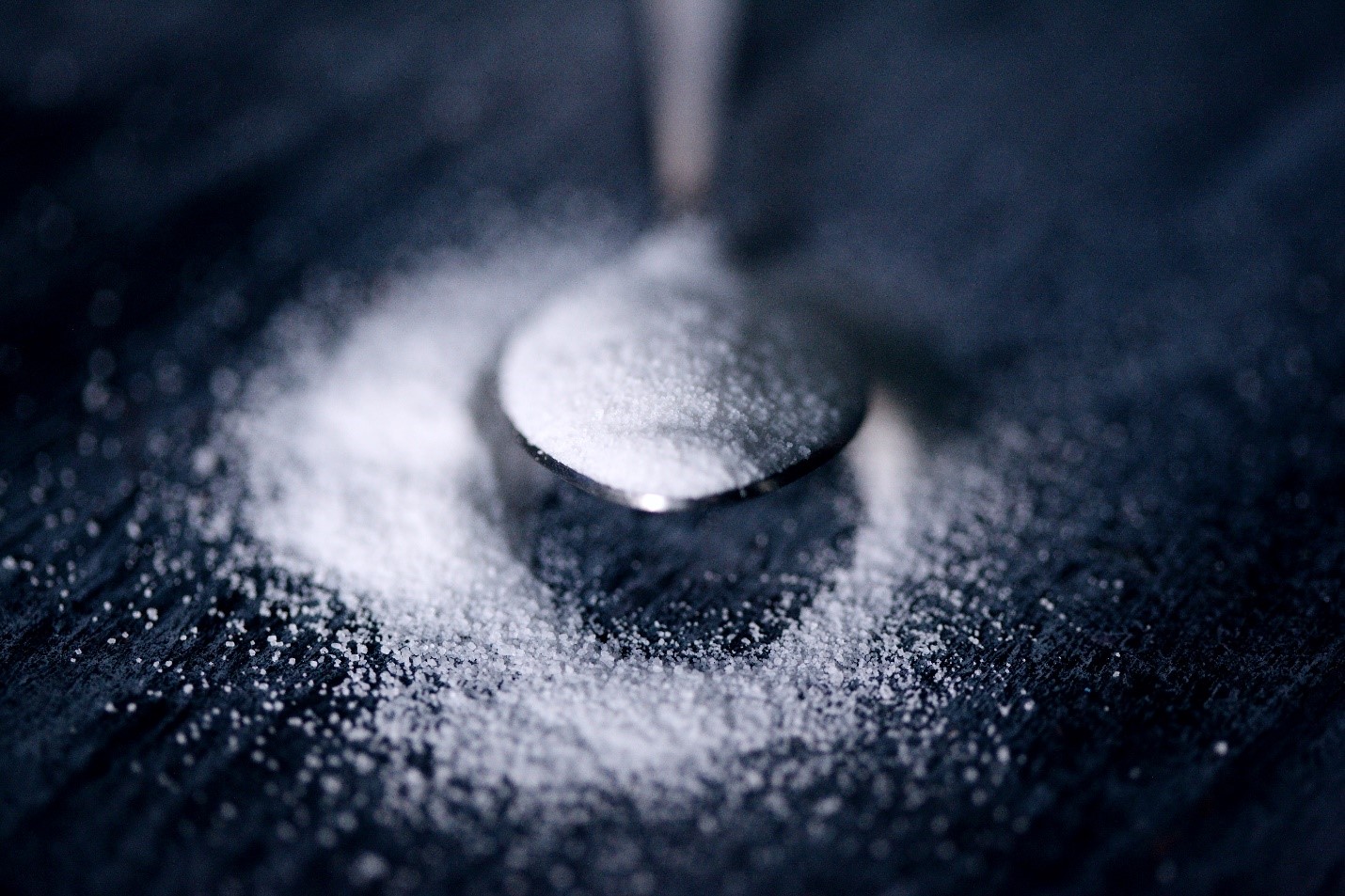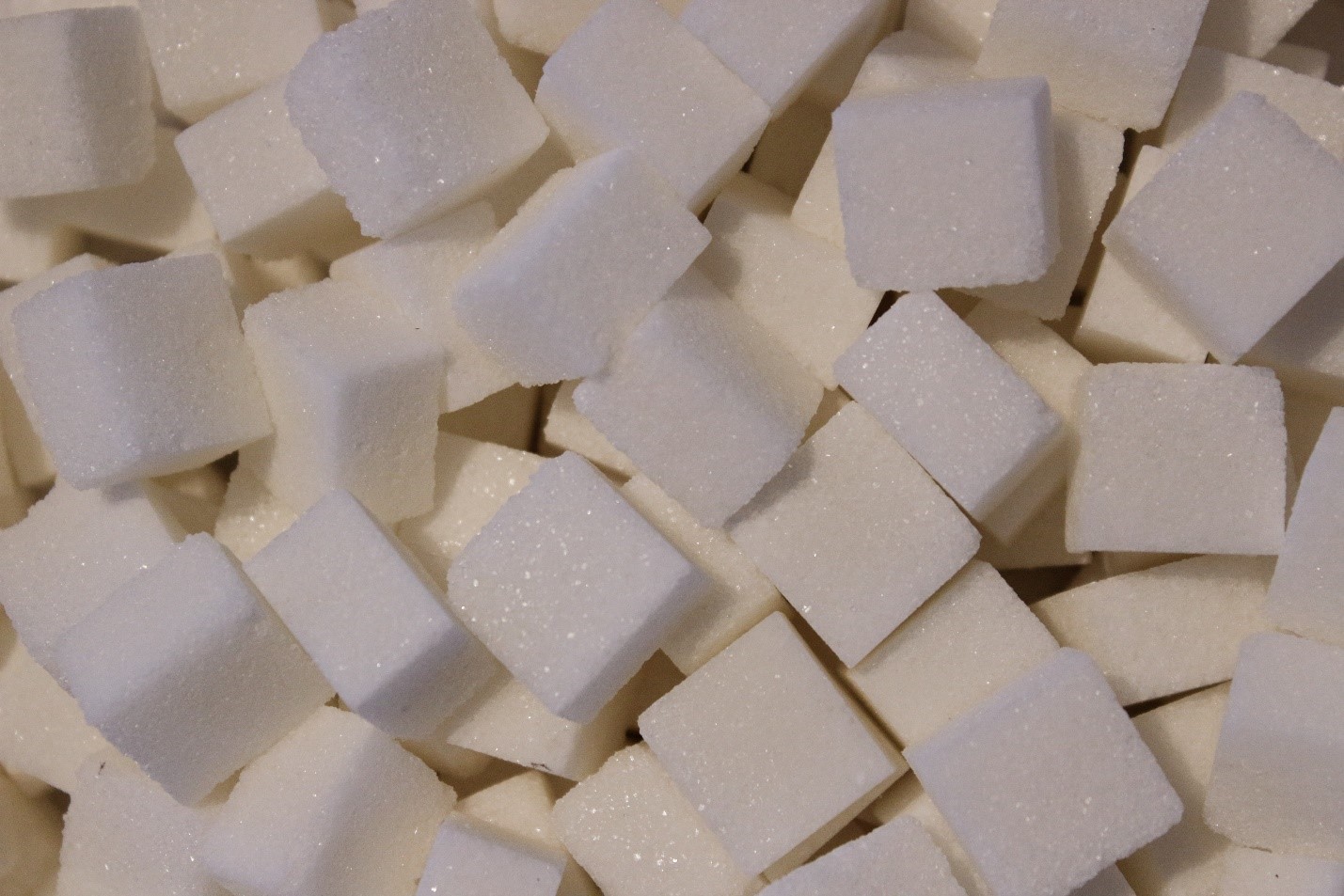Sugar water is a common remedy used to relieve pain and discomfort in babies. It is typically given to calm babies down during stressful moments such as when they are being vaccinated. Aside from calming babies down, sugar water has also been said to confer other benefits. If you are interested in a simple method that you can use on your own baby, you could learn how to make sugar water for babies yourself.
Sugar water is fairly simple to make. Following a 30% recipe, you can add 30 grams of sugar to 100 milliliters of boiled distilled water. This approximately equates to 7 teaspoons of sugar in half a cup of water. Some recipes call for as little as a teaspoon of sugar in a cup of water. Adding the sugar to the water while it is warm will make it easier to dissolve the sugar completely. With the sugar water prepared, you can give babies a milliliter or two for pain and stress management while a teaspoon or two will suffice for home remedies.
This article will discuss sugar water, its benefits, its risks, and ultimately how to make sugar water for babies.
Uses of Sugar Water

Sugar water is simply a solution of water mixed with sugar. It has been used throughout the years as a traditional remedy for certain conditions, as well as a solution to ease pain and discomfort for babies.
One of the most prevalent uses of sugar water today is as a pain and discomfort reliever. These days, babies are subjected to several shots within their first 18 months. These are primarily vaccines to protect them against preventable diseases. The taste of sweet sugar water is believed to have a calming effect on babies.
The Centers for Disease Control and Prevention state that children today require vaccinations against chickenpox, diphtheria, Hib, hepatitis A, hepatitis B, influenza (flu), measles, mumps, pertussis, polio, pneumococcal, rotavirus, rubella, and tetanus.
Understandably, babies can get stressed and discomforted easily when receiving vaccine injections. As a way to ease their experience, pediatricians often employ the use of sugar water.
A 2007 review published in The Lancet explained that the administration of sugar water showed to be an effective reliever while babies were getting their blood drawn for sampling and analyses. The review compared other relieving treatments such as breastfeeding, cuddling, and a pacifier. While the differences between the different treatments were inconclusive, it was certain that these different treatments were better than nothing.
Other than managing pain and stress before vaccine injections, medical practitioners also share that they use sugar water to soothe infants prior to circumcision or other surgeries.
Aside from relieving pain and discomfort, sugar water has also been traditionally used as a remedy for certain conditions. For example, it is popularly believed that sugar water is able to help with an upset stomach and constipation. Simultaneously, it is thought that sugar water is beneficial for babies suffering from diarrhea as sugar water can help maintain the baby’s electrolytes.
It is believed by some that sugar water can help with jaundice. Jaundice causes babies, especially premature babies, to have a yellowish tinge to the skin. This condition can be attributed to their livers still developing, thus causing elevated bilirubin levels. However, this has already been investigated and a 2011 study showed that sugar water did not alleviate neonatal jaundice.
How to Make Sugar Water for Babies
While sugar water is simply a solution of water and sugar, it is important to know how much of each should be added.
A common recipe for making sugar water is to make a 30% solution. Making a 30% solution means adding 30 grams of sugar to 100 milliliters of water. That would equate to about 7 teaspoons of sugar in around half a cup of water. However, there are other recipes that call for less sugar. Some sources report that sugar water can even be made with a single teaspoon of sugar in a cup of water.
The water used to make sugar water should be purified or distilled water so that no other salts are present in the water. For added safety, you can also choose to boil the water prior to using it to make sugar water.
Once the ingredients are added together, the solution should be mixed well. It should be ensured that the sugar is properly dissolved into the water before use. One way to mix the sugar well is by stirring the solution with a utensil such as a spoon. Another way to help the sugar dissolve easily is to add the sugar while the water is still warm. This helps the sugar dissociate into the water.
With the sugar water prepared, an easy way to administer sugar water is to use a pacifier. Pediatricians might use a syringe with the needle removed to directly introduce the sugar water into the baby’s mouth.
Is Sugar Water Safe for Babies?

The safety of sugar water has not yet been thoroughly investigated in clinical settings; thus, its exact safety is currently unknown.
Certainly, sugar water should not be considered for babies below 6 months of age. Babies below 6 months old should not be taking anything aside from formula or breastmilk. A safe precaution would be to wait until your baby is at least a year old before offering them sugar water. Babies below 6 months old are more prone to water intoxication, a condition caused by an imbalance of electrolytes in the body. This is why babies below 6 months old are not given any water to drink and are strictly fed formula or breastmilk.
It is also highly recommended to consult your pediatrician before giving your baby sugar water for any reason.
Moderation should be observed when giving babies sugar water. In clinical settings where babies are given sugar water for pain and stress management, pediatricians would typically give babies one or two milliliters. For home remedies, a teaspoon or two should suffice.
Too much sugar water can potentially pose a problem to a baby’s appetite. This can be a problem since sugar water is practically devoid of calories while formula and breastmilk are highly nutritious food sources for an infant.
While sugar water is relatively understudied, it is noted that sugar water is probably safe without any adverse health effects – especially if you’re only offering your baby minimal doses at most.